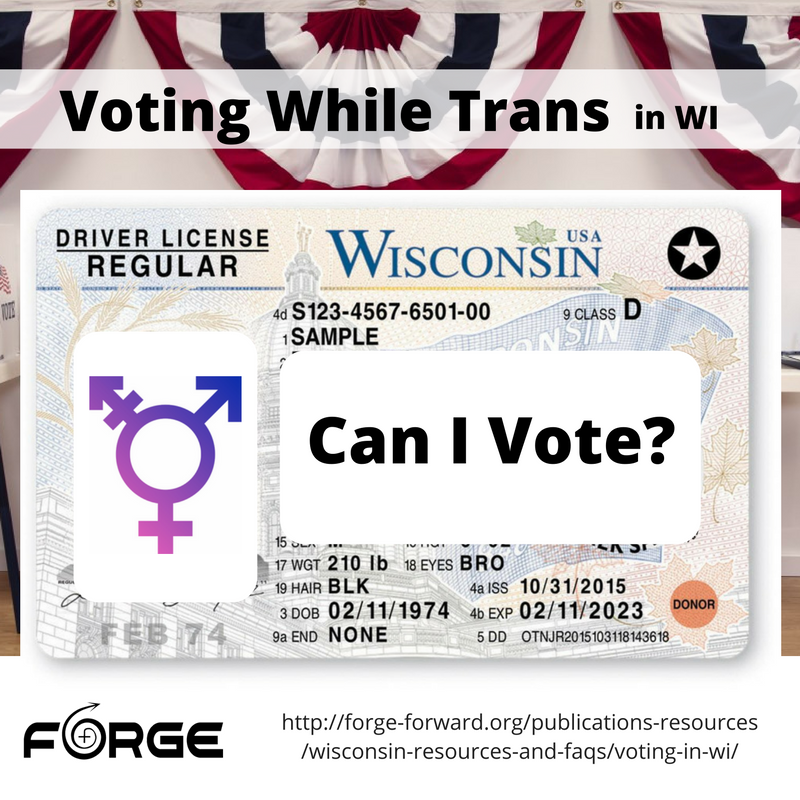Review of a Williams Institute report on voter identification laws affecting trans voters.
Is voting a violence-prevention issue? Citizens of Ferguson, MO – which has been embroiled in a very public controversy over police violence – may decide it is: it turns out, Time reported on September 8, that just 6% of African-American Ferguson residents voted in the 2013 municipal election.
It is with that connection in mind and in honor of September being National Voter Registration Month that we talk about new data from the Williams Institute about transgender voters. In their September 2014 report, “The Potential Impact of Voter Identification Laws on Transgender Voters in the 2014 General Election,” (available at http://williamsinstitute.law.ucla.edu/wp-content/uploads/voter-id-laws-september-2014.pdf), the Institute found that approximately 24,000 trans people in 10 states are at risk of not being able to vote.
These ten states (Alabama, Arkansas, Georgia, Indiana, Kansas, Mississippi, Tennessee, Texas, Virginia and Wisconsin) have very strict voter ID laws that require voters to present a driver’s license, U.S. passport, or military ID. The 24,000 figure is based on an estimate of 0.3%* of the population being trans and 28%* of trans people not having updated their driver’s license to the gender in which they are living full-time. Poll workers will need to make on-the-spot decisions about what to do with voters who do not present with the same appearance, name and/or gender marker as their ID. When this sort of non-congruent identification situation comes up for trans people, it often doesn’t end well. The National Transgender Discrimination Study found that of those trans people who had been in situations where they had to present non-congruent identification…
41% reported being harassed
15% reported being asked to leave
3% reported being assaulted or attacked
The problem is more intense for some racial minorities:
46% of American Indian/Alaskan Native trans people do not have updated identification
37% of African-American trans people do not have updated identification
Resources:
- The National Center for Transgender Equality has a 2007 document for trans people on overcoming voter barriers at http://transequality.org/PDFs/VotingObstacles.pdf
- Correct U.S. passports are now much easier to obtain for trans people who can afford the fees involved. There’s a National Center for Transgender Equality publication that will guide individuals through the passport process at http://transequality.org/Resources/passports_2014.pdf
- A 2013 resource gives state-by-state information on changing driver’s licenses: http://transequality.org/Resources/DL/DL_policies.html
* Note: The statistics used in the Williams Institute report are substantially lower than many others use for both the prevalence of transgender people, as well as how many have identification that aligns with their gender identity or presentation. In other words, voting identification laws may impact even more trans people than noted in the Williams Institute report.
Are you keeping up with FORGE?
Email sign-ups: http://forge-forward.org/about/subscribe/
Facebook: https://www.facebook.com/FORGE.trans
Twitter: https://twitter.com/FORGEforward

